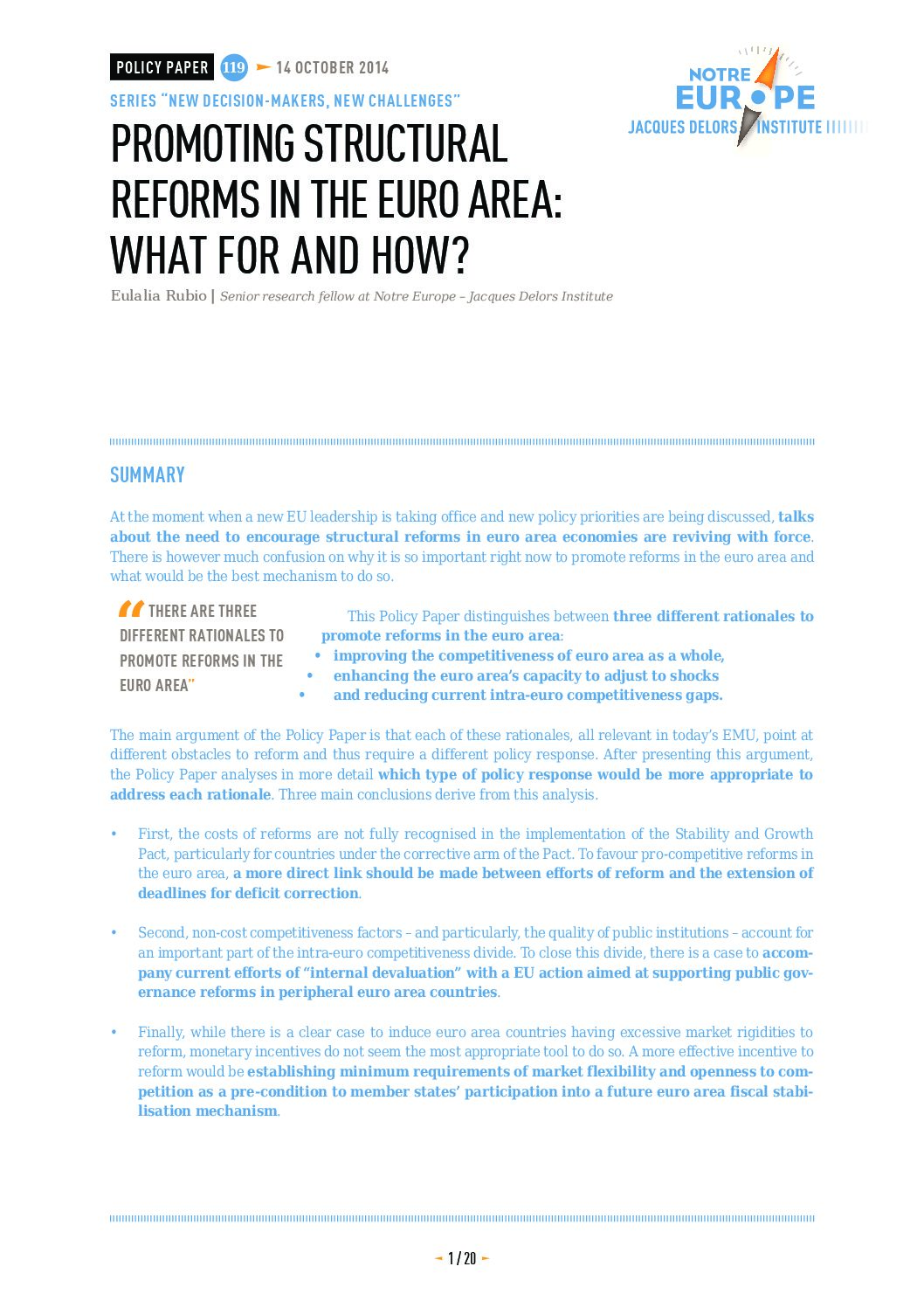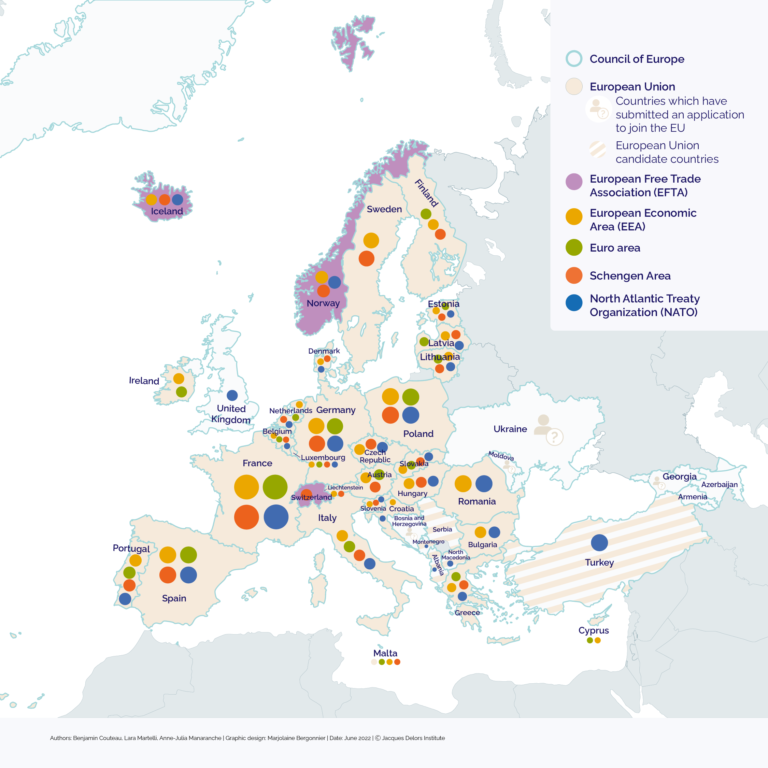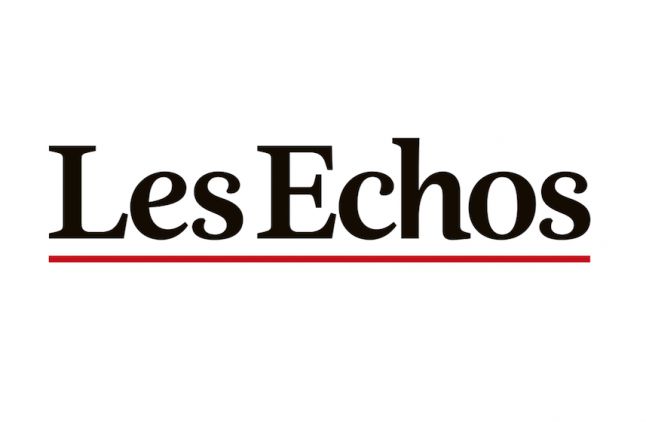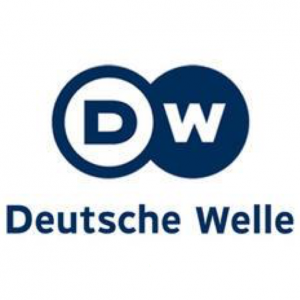Blog post 119
Promoting structural reforms in the euro area: what for and how?
This Policy paper by Eulalia Rubio argues that there are three different rationales to promote structural reforms in today’s EMU and discusses which type of policy response would be more appropriate to address each of them.
At the moment when a new EU leadership is taking office and new policy priorities are being discussed, talks about the need to encourage structural reforms in euro area economies are reviving with force. There is however much confusion on why it is so important right now to promote reforms in the euro area and what would be the best mechanism to do so.
This Policy paper by Eulalia Rubio distinguishes between three different rationales to promote reforms in the euro area:
1. improving the competitiveness of the euro area as a whole,
2. enhancing the euro area’s capacity to adjust to shocks
3. and reducing intra-euro competitiveness gaps.
The Policy paper discusses the relevance of these three objectives in today’s EMU and analyses which policy response would be more appropriate to address each of them.
Three main conclusions derive from this analysis.
First, the costs of reforms are not fully recognised in the implementation of the stability and growth pact, particularly for countries under the corrective arm of the pact. To improve the competitiveness of the euro area, a more direct link should be made between efforts of reform and the extension of deadlines for deficit correction.
Second, while there is a clear case for inducing euro area countries having excessive market rigidities to reform, monetary incentives do not seem the most appropriate tool to do so. To effective incentive to reform would be establishing minimum requirements of market flexibility and openness to competition as a pre-condition to member states’ participation into a future euro area fiscal stabilisation mechanism.
Third, non-cost competitiveness factors – and particularly, the quality of public institutions – account for an important part of the current intra-euro competitiveness divide.To close this divide, there is a case to accompany current efforts of ‘internal devaluation’ with an EU action aimed at supporting public governance reforms in peripheral countries.
SUR LE MÊME THÈME
ON THE SAME THEME
PUBLICATIONS
The war in Ukraine:
what are the consequences for European organisations?

After Brexit, euro-denominated derivatives transactions should leave the City

The Euro as seen by citizens who do not yet have it

MÉDIAS
MEDIAS
Marine Le Pen might be about to wreck the eurozone

L’Irlandais Paschal Donohoe reconduit à la présidence de l’Eurogroupe

Il y a vingt ans, l’arrivée des premiers euros

« L’hétérogénéité croissante de la zone euro menace sa cohésion »

Pourquoi la sortie de l’euro n’est plus un slogan politique

Andreas Eisl: «Les euros ont permis de comparer les pouvoirs d’achat»

L’impression tenace de s’être fait berner sur les prix avec l’euro

Two decades on, euro can’t shake reputation as price driver

L’euro, une construction encore inachevée

L’euro, une construction encore inachevée

Il faut “retrouver une courbe des taux qui permet de ‘pricer’ l’avenir”

The Brussels Briefing of the Financial Times has taken a look at some of our ideas for the new European Commission

Eulalia Rubio on European economic governance on RTVE

Mario Draghi on the single market and the eurozone : preaching in the desert

Mario Draghi calls for euro area fiscal instrument to fight crises.

Mario Draghi : “The most important area where Europe can contribute positively to growth remains the single market.”

The Euro Area reform – Enrico Letta in El Diaro

The eurozone reform and what the EU can do better – E. Letta in The Federalist

A budget for the euro area ? – Eulalia Rubio in La Croix

Enrico Letta in BergamoNews about the euro crisis and the migratory phenomenon

Pascal Lamy in La Dépêche: “Il faut intégrer davantage la zone euro”

Yves Bertoncini on France Info: Où en est vraiment l’europhophie en Allemagne, PaysBas et Hongrie ?

Enrico Letta in Forces Magazine: “Pour une Europe renouvelée”

Enrico Letta on Public Sénat : Euro, terrorism, migrants, Brexit

Enrico Letta in Challenges about the state of the European Union

Our report “Repair and prepare: growth and the euro after Brexit” in Géopolis

Our report “Repair and prepare: growth and the euro after Brexit” in Financial Times

Pascal Lamy on Le Parisien Magazine: “Faut-il sauver la peau de l’euro ?”

Our report “Repair and prepare: growth and the euro after Brexit” in Les Echos

Our report “Repair and prepare: growth and the euro after Brexit” in Deutsche Welle

Our report “Repair and prepare: growth and the euro after Brexit” in Il Sole 24 Ore

Our report “Repair and prepare: growth and the euro after Brexit” in Reuters

Antonio Vitorino on Observador : Socialistas em busca de nova “arma secreta” para o combate à desigualdade













































